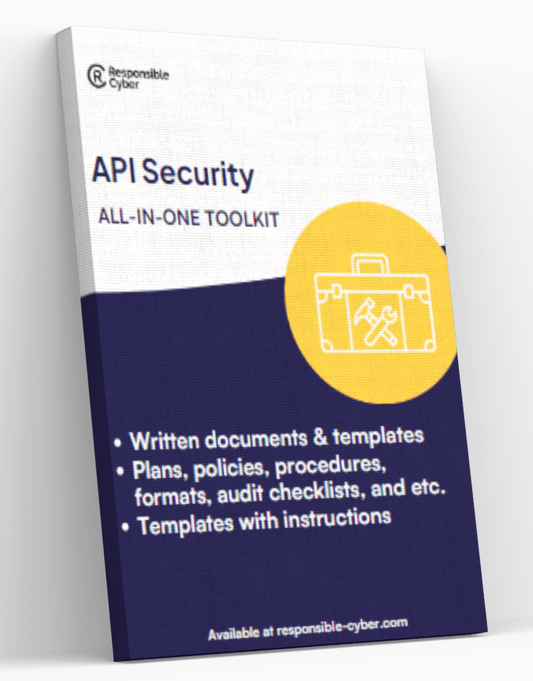What Are Some Effective Ways to Learn About Cybersecurity?

Whether you are a novice looking to break into the field or a professional aiming to sharpen your skills, there are numerous effective ways to learn about cybersecurity. This article explores a variety of methods to gain knowledge and expertise in cybersecurity, ranging from formal education to hands-on experience and self-study.
1. Formal Education and Degrees
Overview
Pursuing a formal education in cybersecurity provides a structured learning environment and a comprehensive understanding of the field. Universities and colleges offer degrees in cybersecurity, computer science, and information technology with a focus on security.
Key Actions
- Bachelor’s Degree: Enroll in a bachelor’s degree program in cybersecurity, computer science, or a related field.
- Master’s Degree: Consider pursuing a master’s degree for advanced knowledge and specialization.
- Online Degrees: Explore online degree programs that offer flexibility and access to quality education.
Why It Matters
Formal education provides a strong foundation, covers fundamental concepts, and often includes practical labs and projects. Degrees also add credibility and can enhance job prospects.
Recommended Institutions
- University of Maryland Global Campus (UMGC)
- Purdue University Global
- Western Governors University (WGU)
2. Professional Certifications
Overview
Professional certifications are valuable for gaining specialized knowledge and demonstrating expertise. They are recognized by employers and can significantly enhance your career prospects.
Key Actions
- Certified Information Systems Security Professional (CISSP): Ideal for experienced security practitioners.
- Certified Ethical Hacker (CEH): Focuses on penetration testing and ethical hacking.
- CompTIA Security+: A good starting point for beginners in cybersecurity.
- Certified Information Security Manager (CISM): Emphasizes management and strategy in information security.
Why It Matters
Certifications validate your skills and knowledge, making you more attractive to employers. They also provide focused training on specific areas of cybersecurity.
Recommended Organizations
3. Online Courses and MOOCs
Overview
Massive Open Online Courses (MOOCs) and online courses offer flexible, self-paced learning opportunities. Many platforms provide courses on various aspects of cybersecurity, often taught by industry experts.
Key Actions
- Coursera: Offers courses and specializations from top universities.
- edX: Provides a wide range of cybersecurity courses, including professional certificates.
- Udemy: Features affordable courses on specific cybersecurity topics.
- Cybrary: Specializes in cybersecurity training with a wide array of courses.
Why It Matters
Online courses allow you to learn at your own pace, often at a lower cost than traditional education. They provide access to high-quality content and expert instructors.
Recommended Platforms
4. Books and Publications
Overview
Books and industry publications are excellent resources for deep dives into specific topics and staying updated on the latest trends and research in cybersecurity.
Key Actions
- Read Foundational Books: Start with foundational texts such as "The Art of Deception" by Kevin Mitnick and "Hacking: The Art of Exploitation" by Jon Erickson.
- Stay Updated with Journals: Subscribe to industry journals like IEEE Security & Privacy and International Journal of Information Security.
- Follow Blogs and Websites: Regularly read blogs and websites like Krebs on Security, Dark Reading, and The Hacker News.
Why It Matters
Books and publications provide in-depth knowledge and insights from experienced professionals and researchers. They are valuable for both foundational learning and staying current with industry developments.
Recommended Reads
- The Art of Deception by Kevin Mitnick
- Hacking: The Art of Exploitation by Jon Erickson
- Cybersecurity and Cyberwar by P.W. Singer and Allan Friedman
5. Hands-On Practice and Labs
Overview
Hands-on practice is crucial for gaining practical experience in cybersecurity. Virtual labs, simulation environments, and capture the flag (CTF) competitions provide opportunities to apply theoretical knowledge to real-world scenarios.
Key Actions
- Virtual Labs: Use platforms like TryHackMe, Hack The Box, and CyberSec Labs for interactive labs and challenges.
- CTF Competitions: Participate in CTF competitions such as those hosted by DEF CON, picoCTF, and Hack The Box.
- Home Lab: Set up a home lab environment with virtual machines to practice various security tools and techniques.
Why It Matters
Practical experience is essential for developing the skills needed to address real-world cybersecurity challenges. Hands-on practice helps reinforce theoretical knowledge and build problem-solving abilities.
Recommended Platforms
6. Internships and Work Experience
Overview
Gaining work experience through internships, co-op programs, or entry-level positions is invaluable for understanding the day-to-day responsibilities of cybersecurity professionals.
Key Actions
- Apply for Internships: Look for internship opportunities with cybersecurity firms, tech companies, and government agencies.
- Volunteer: Offer your cybersecurity skills to non-profit organizations or small businesses.
- Network: Attend industry conferences, join professional organizations, and connect with cybersecurity professionals on LinkedIn.
Why It Matters
Real-world experience provides practical knowledge, helps build a professional network, and enhances your resume. It also gives you insights into different career paths within cybersecurity.
Recommended Resources
7. Join Professional Organizations
Overview
Professional organizations offer networking opportunities, access to resources, and professional development activities. Joining these organizations can help you stay connected with industry trends and standards.
Key Actions
- ISACA: Provides certifications, conferences, and a professional community for IT auditors and cybersecurity professionals.
- (ISC)²: Offers certifications, resources, and networking opportunities for security professionals.
- SANS Institute: Provides training, certifications, and research publications.
Why It Matters
Membership in professional organizations helps you stay informed, network with peers, and access exclusive resources and training opportunities.











